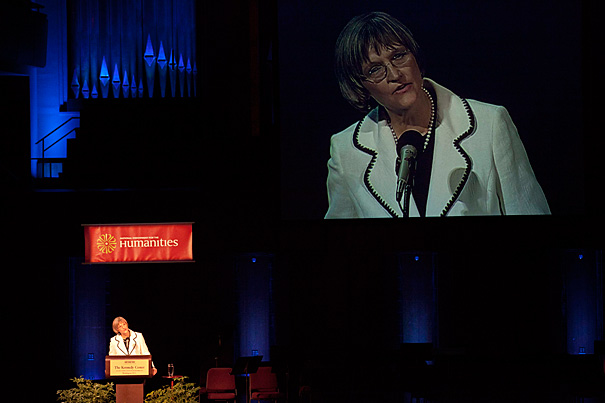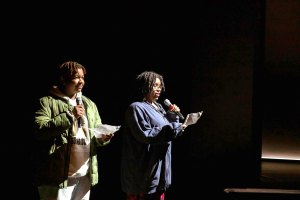Arts & Culture
-

Voice of a generation? Dylan’s is much more than that.
Classics professor who wrote ‘Why Bob Dylan Matters’ on the challenge of capturing a master of creative evasion
-

Holiday treats from the kitchen of Julia Child
Recipes from celebrity chef’s archive at Radcliffe
-

How a ‘guest’ in English language channels ‘outsider’ perspective into fiction
Laila Lalami talks about multilingualism, inspirations of everyday life, and why she starts a story in the middle
-
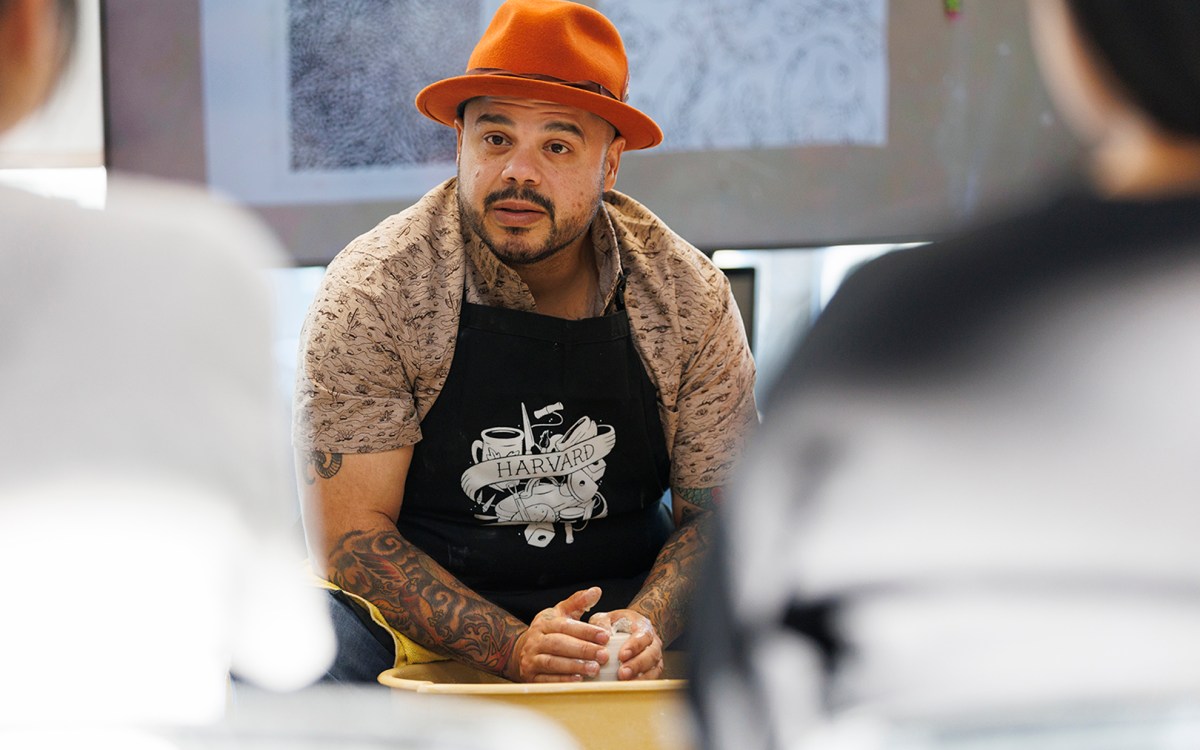
Potter gets fired up about helping students find their own gifts
Roberto Lugo says his art creates conversations and ‘that’s where the magic happens’
-
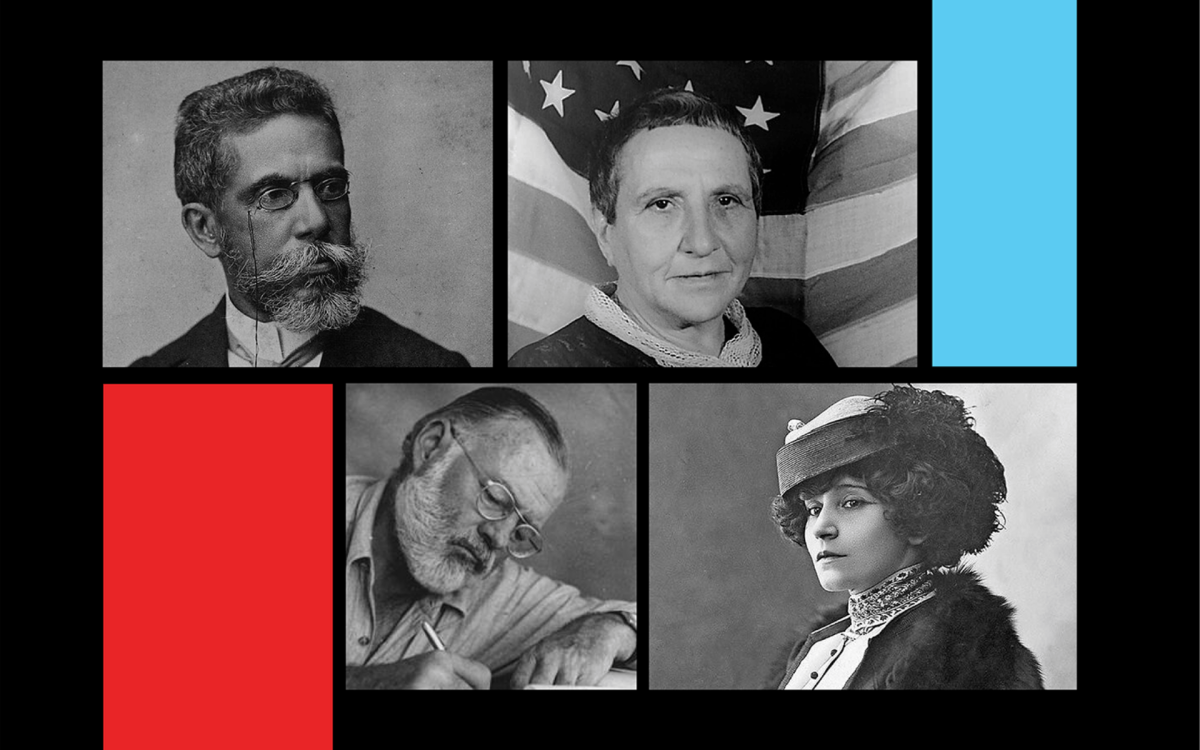
The 20th-century novel, from its corset to bomber jacket phase
In ‘Stranger Than Fiction,’ Edwin Frank chose 32 books to represent the period. He has some regrets.
-
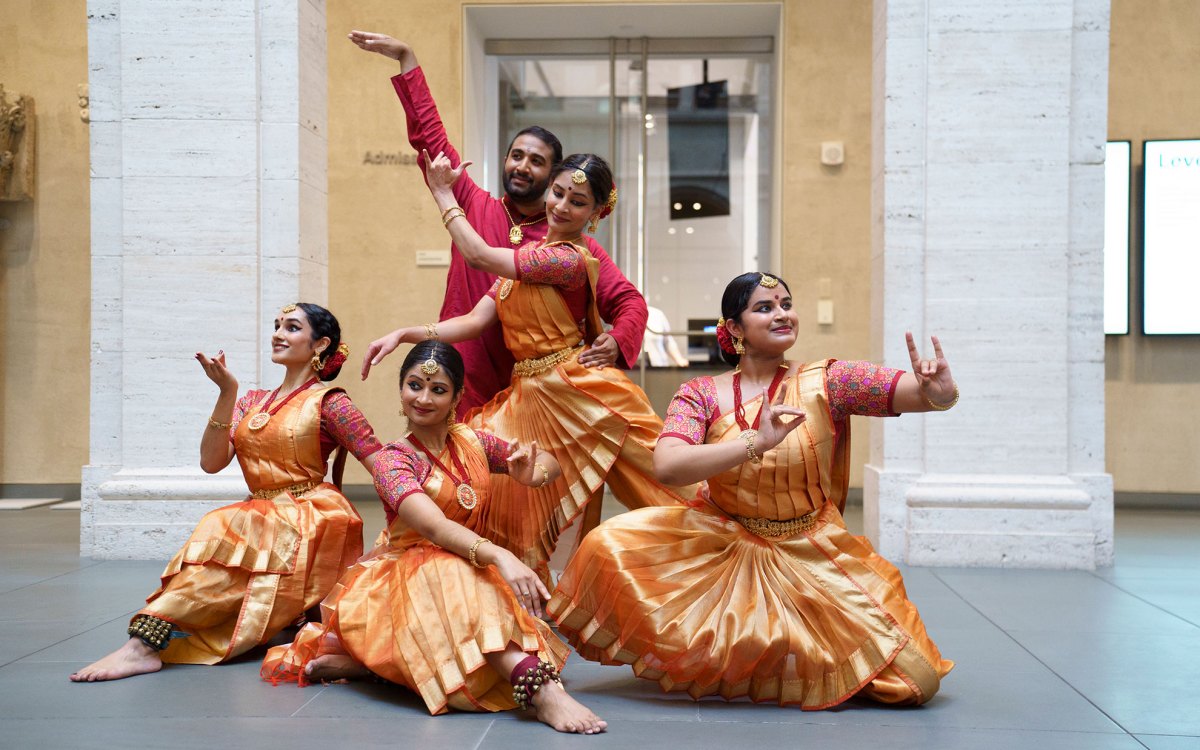
Dance the audience can feel — through their phones
Engineer harnesses haptics to translate movement, make her art more accessible

-
A tale of two sisters
Radcliffe fellow Tayari Jones’ new novel, steeped in the South, shows the knotty complexity of families’ lives.
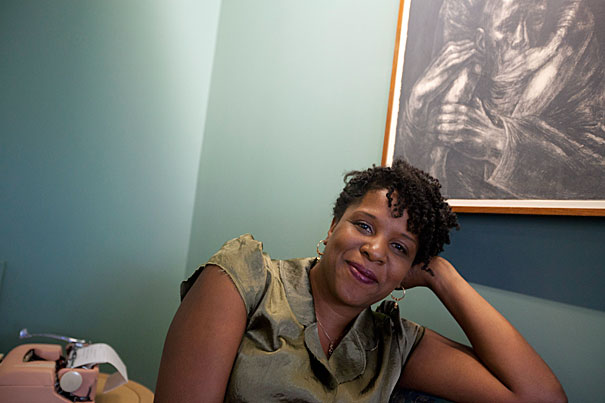
-
When jazz captures the young
Students from the Boston Arts Academy got some positive reinforcement today when they came to Harvard University for a special panel discussion with celebrated jazz musician Wynton Marsalis.
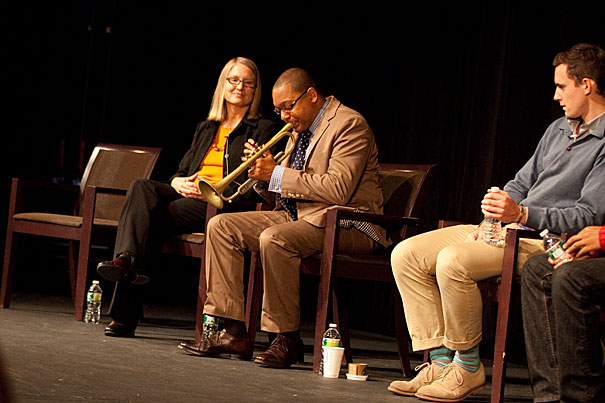
-
Marsalis in motion
Before a rapt audience at Sanders Theatre, jazz great Wynton Marsalis explored the history of American dance in the second lecture in a two-year series, “Hidden in Plain View: Meanings in American Music.”
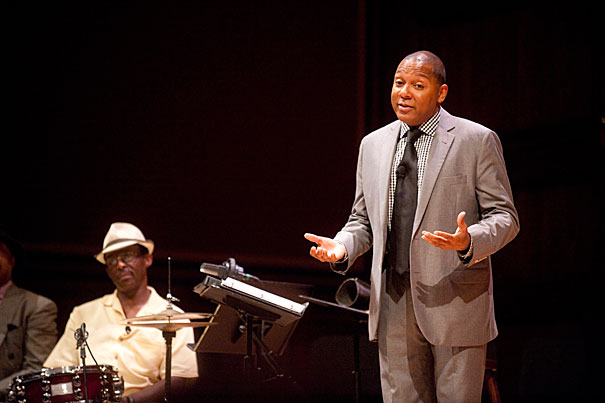
-
‘Porgy’ in the park
Common Spaces, the initiative that encourages community in and around Harvard Yard, kicked off its fall programming with four songs by the cast of the American Repertory Theater’s “The Gershwins’ Porgy and Bess.”
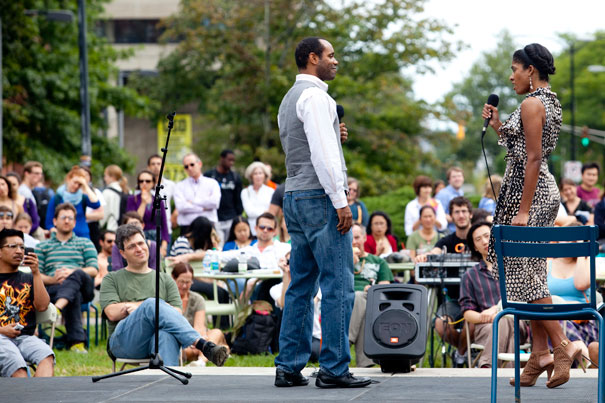
-
When art wed science
A new exhibition at the Harvard Art Museums/Arthur M. Sackler Museum explores how the rich exchanges between artists and scholars of the 16th century advanced the creation and dissemination of knowledge.
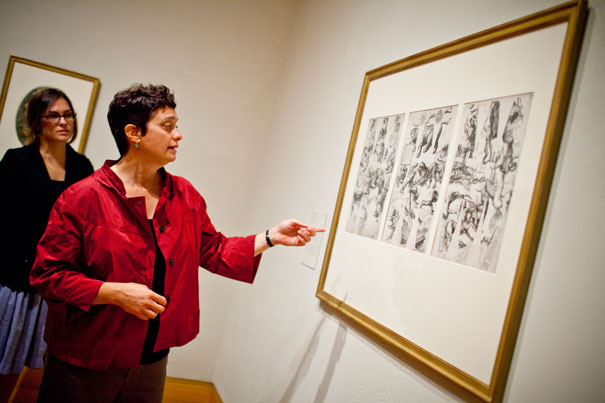
-
Wynton Marsalis returns to Harvard
Harvard University announced today that Wynton Marsalis will continue his two-year lecture series with an appearance at Sanders Theatre on Sept. 15.

-
‘Porgy and Bess,’ made new
A.R.T. reimagines the classic Gershwin opera, with help from some Harvard undergraduates.
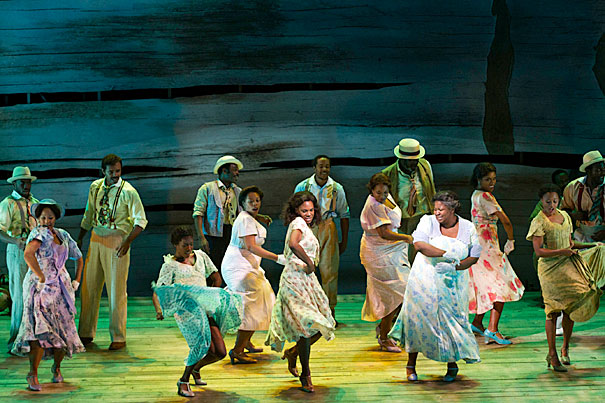
-
Black Confederates
A Harvard historian weighs in on a controversy about “black Confederates,” describing how many there were and what meaning they have in an ongoing debate over the causes of the Civil War.
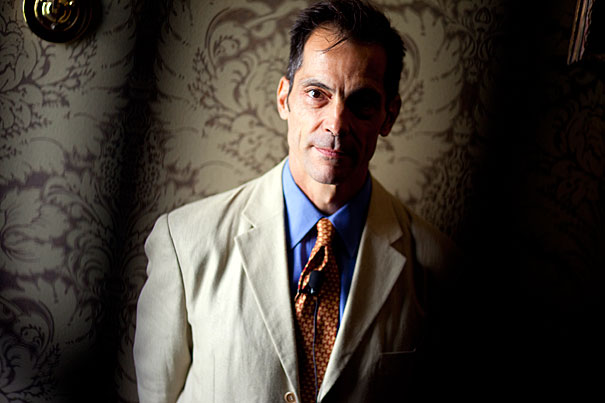
-
While you were away
A roundup of recent books by Harvard faculty members.
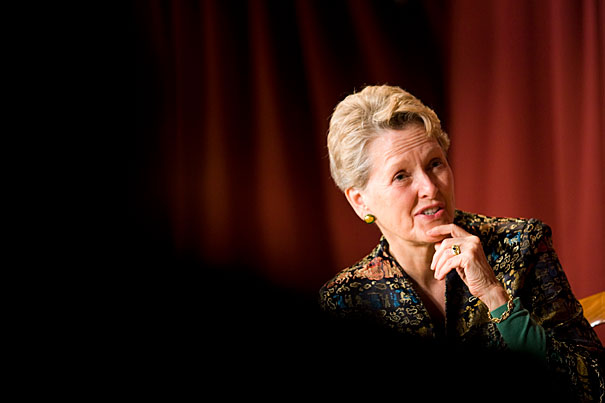
-
On summer break, a poem
An undergraduate on summer break is inspired to write a poem celebrating Harvard’s 375th anniversary.
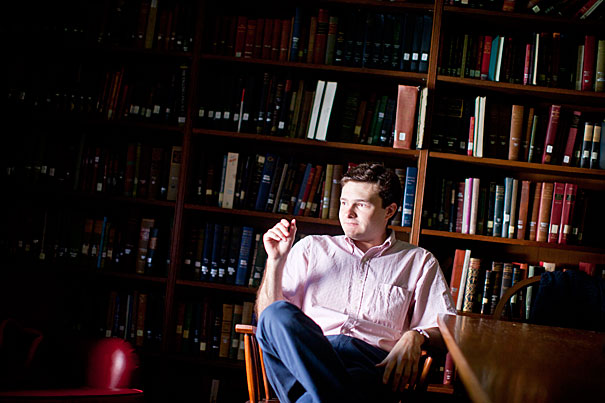
-
Creative opportunity
The tradition of visiting faculty at Harvard’s Department of Visual and Environmental Studies brings art and insight to the classroom.
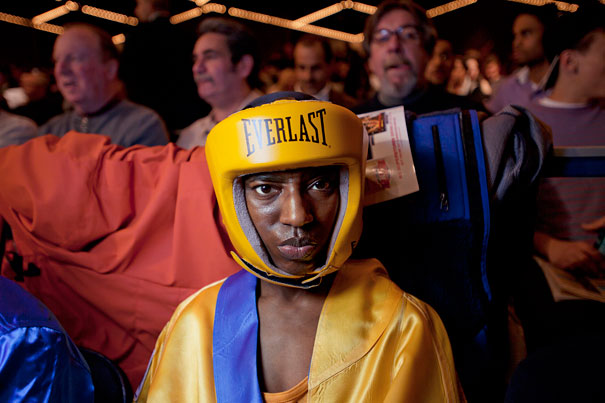
-
Mapping out Harry Potter’s world
The Harvard Museum of Natural History celebrates the world of J.K. Rowling’s Harry Potter in a gallery scavenger hunt that has proven to be a popular and educational experience.
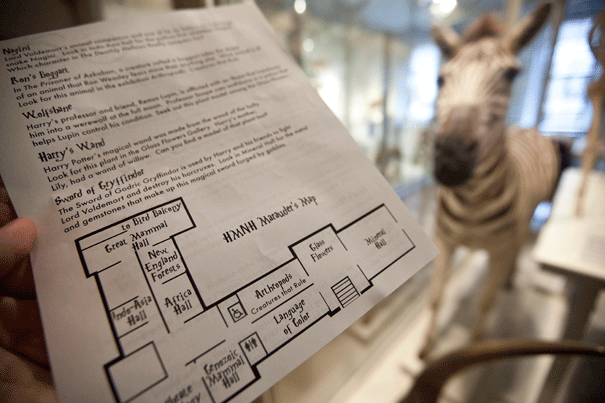
-
Of the bean I sing
A Radcliffe Fellow is working on an opera about the world’s love affair with coffee and how it grew from the bean that made goats jittery to the potion we all get jittery for.
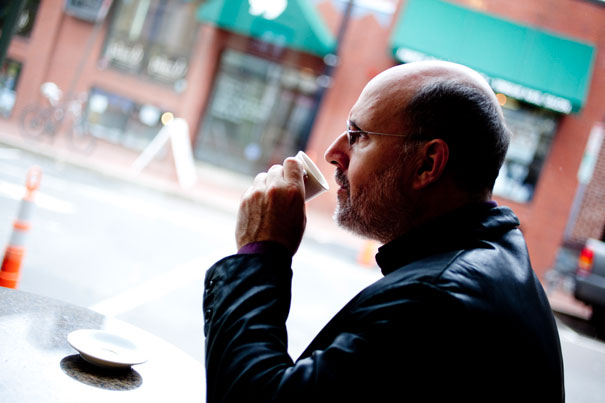
-
Symphonies and salsa
In late May and early June the Harvard-Radcliffe Orchestra traveled to Cuba for a series of concerts in Santa Clara, Cienfuegos, and Havana.
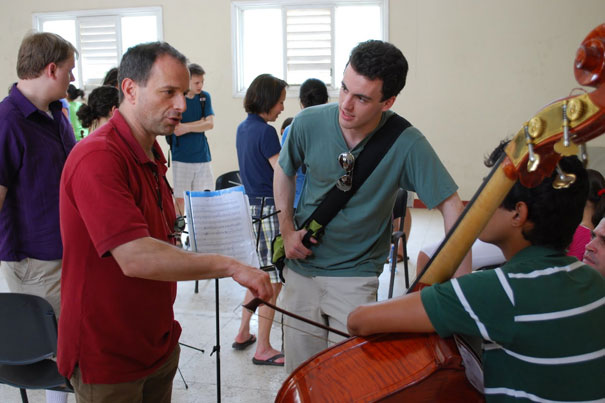
-
When three is also one
The renovated and expanded facility of the Harvard Art Museums eventually will link the University’s collections under one roof.

-
Art and the immigrants
Through an innovative program, immigrants explore the Harvard Art Museums’ galleries, polishing their English skills and learning lessons in American democracy.
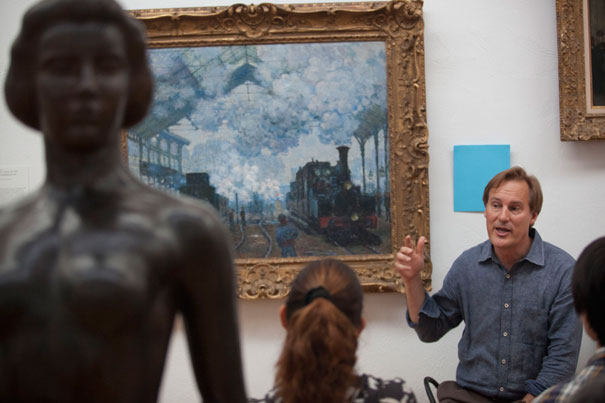
-
A sound welcome
The arrival of the first components of the new Fisk Opus 139 organ for the Memorial Church was welcomed with song on June 20.
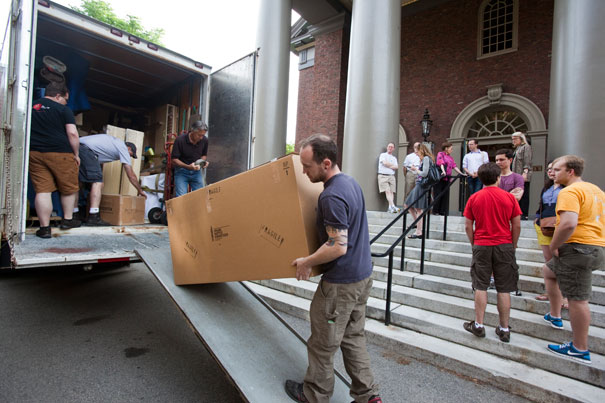
-
Around the world in many ways
Historian Joyce Chaplin is completing her latest book, on the history and influence of circumnavigation. For her, globalization is an old story.
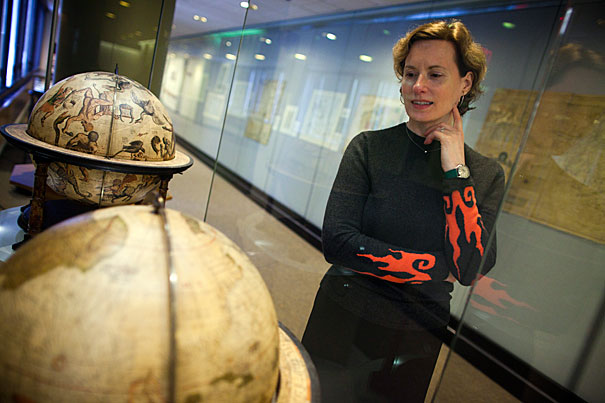
-
The artistic side of science
The new Transit Gallery in Gordon Hall at Harvard Medical School lets students and staffers appreciate the fine arts while getting from place to place.

-
A.R.T. nabs six Elliot Norton Awards
The 2011 Elliot Norton Awards, awarded on May 23 at the Paramount Theatre in Boston, honored the American Repertory Theater (A.R.T.) with six awards in the Large Theater category.
-
The one, indispensable book
A handful of authors featured in Harvard Bound over the past year answer the question: What is an essential book for today’s graduates — and why? Here are their suggestions as the newest Harvard degree-holders head out into the world.
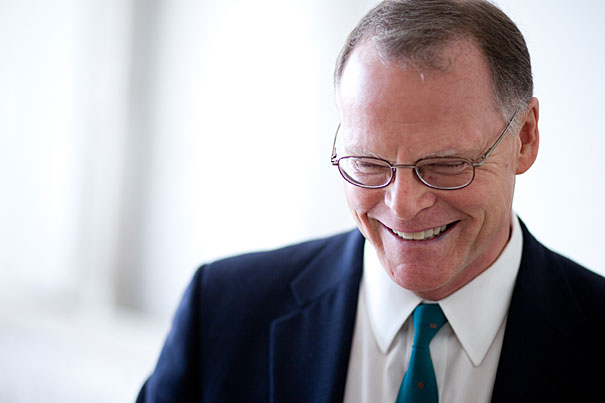
-
The spirituality of the stage
Actress and playwright Amy Brenneman and longtime collaborator Sabrina Peck, both Harvard graduates, reunite at the American Repertory Theater to present their play about spirituality, fame, and a debilitating illness.
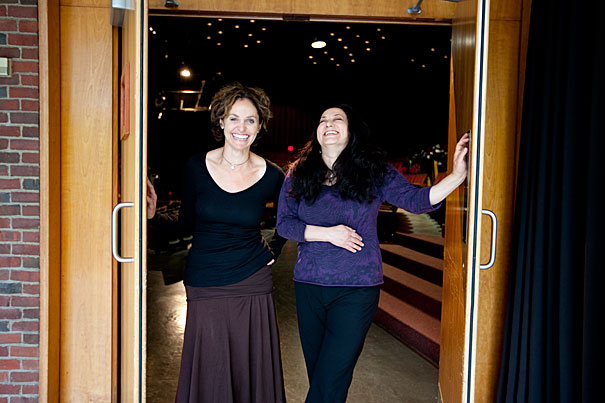
-
Rescuing ancient languages
Harvard Linguistics Professor Maria Polinsky and her lab team work to understand and preserve ancient Mayan tongues, with the help of native speakers.
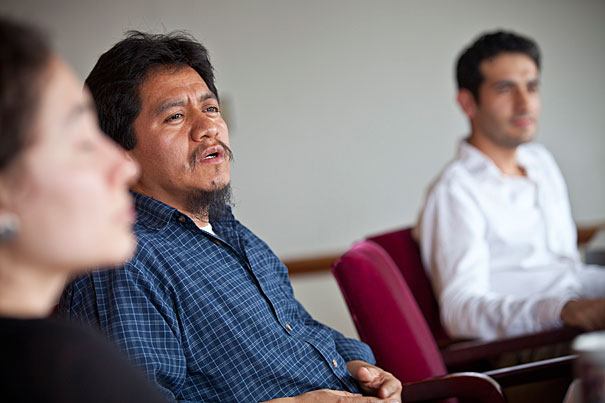
-
Truth, beauty, goodness
In his latest book, prolific Professor Howard Gardner insists that the enduring values of truth, beauty, and goodness remain humanity’s bedrock.
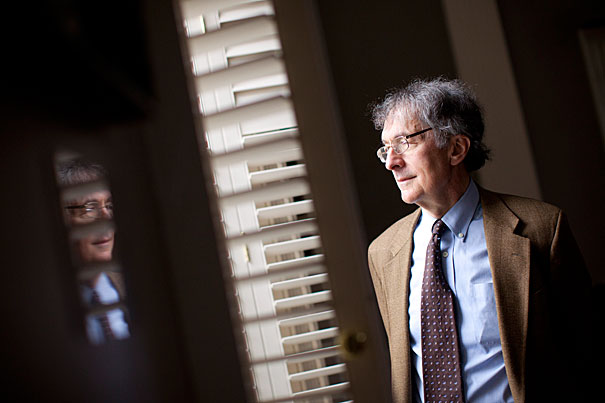
-
Tocqueville’s Discovery of America
Ernest Bernbaum Research Professor on Literature Leo Damrosch retraces the nine-month journey through America by historian Alexis de Tocqueville, author of “Democracy in America,” who cannily predicted the growing social unrest toward slavery in America.
-
The Aging Intellect
In this important book, Douglas H. Powell, a clinical instructor in psychology, discusses lifestyle habits and attitudes linked to cognitive aging, and provides evidence-based strategies to minimize mental decline.
-
Andrew Johnson
Professor of Law Annette Gordon-Reed tackles one of the worst presidents in American history, claiming that his own racism was to blame for his shoddy performance during the Reconstruction era.
-
What books mean as objects
Most literature professors focus on the interpretation of texts, but Professor Leah Price wants to explore other uses to which books can be put, in the evolving interplay between reading and handling.
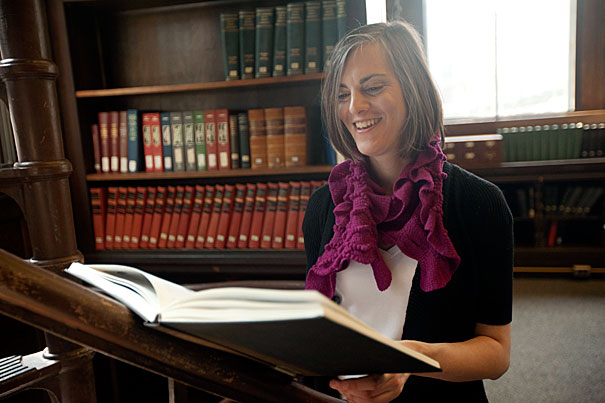
-
Taming nature, then man
Humankind, after millennia of reluctance and ambivalence, surrendered finally to growing fixed crops — a precondition of modern states.
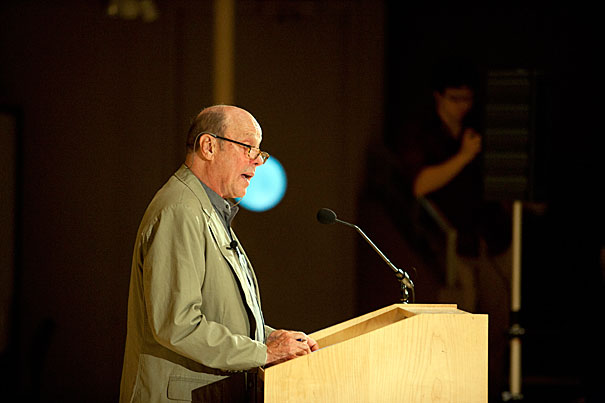
-
The humanities and war
Harvard President Drew Faust delivered the 2011 Jefferson Lecture in the Humanities, citing similarities between the Civil War and current conflicts.
